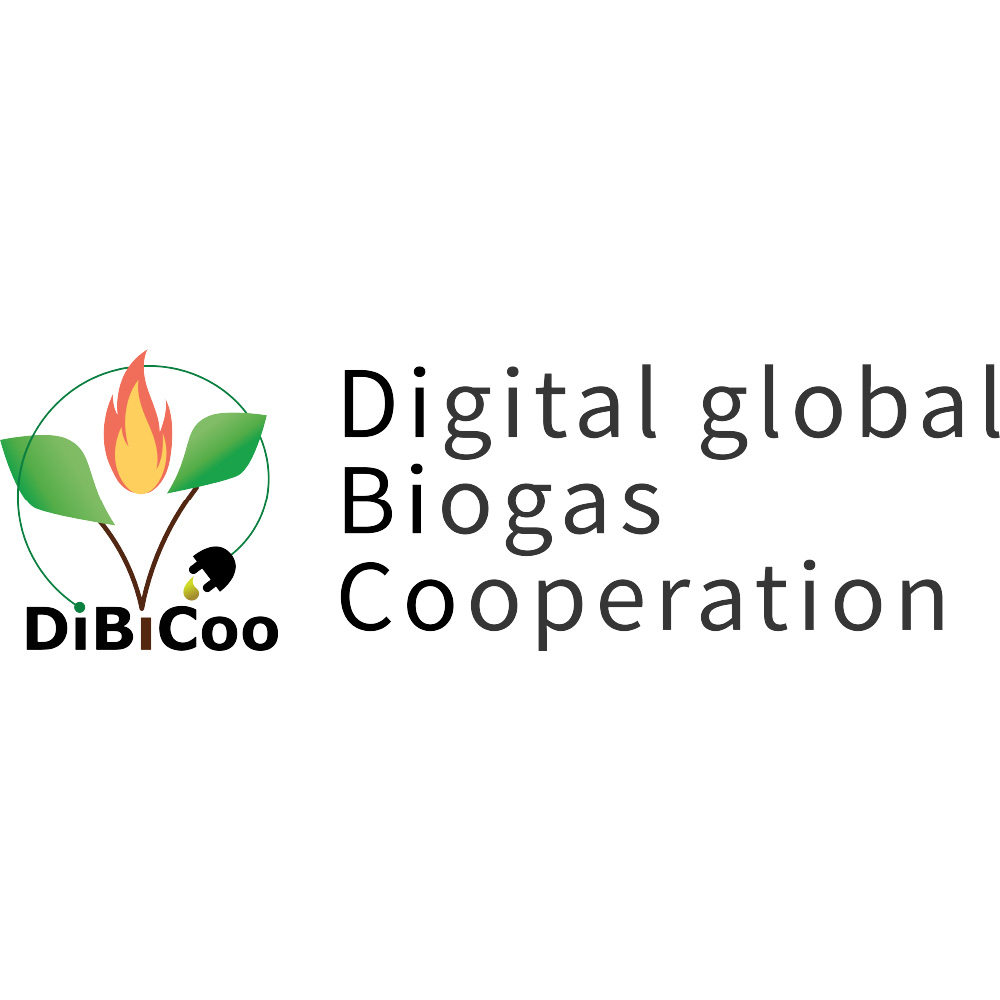
Almost a year ago, thirteen institutions from Africa, Asia, Europe and Latin America met in Brussels to kick-off the Digital global Biogas Cooperation (DiBiCoo) project. This EU Horizon 2020 funded three year project has been working for a year to set the groundwork and realize its objective of facilitating cooperation between European technology providers and emerging markets, for new investment opportunities and knowledge transfer in the biogas sector.
Biogas has proved its potential as a versatile energy carrier and Europe is the global leader of the sector. On the other hand; non-european countries with high biogas production prospects can take advantage in collaborating and adopting state-of-the-art technologies from Europe. As a consortium program, DiBiCoo is represented by the key industry players or associations from Europe; and by selected institutions considered key players from five technology importing countries across three continents (Argentina, Ethiopia, Ghana, Indonesia and South Africa).
DiBiCoo has managed to accomplish so much in the last year, despite known challenges. We started by developing our project management plans and guidelines; defining our communication strategies; and setting up our online presence. As is the case for most projects, the COVID19 crisis did affect our project engagements, although given the situations, we have successfully managed to seamlessly deliver, and hold a virtual coordination meeting, with manageable delays on delivery. Our website and social media platforms are also gaining traction and serving as a portal to share our work.
Most of our tasks in the first year involved gaining insights of key industry players, technologies and understanding existing market dynamics in both technology importing and exporting countries. Our European consortium partners compiled key stakeholders; mapped European biogas technologies and identified key technology export opportunities, including insights from European regulatory frameworks. In parallel, our importing country partners also identified key local stakeholders, potential partners and delivered a report on local market frameworks.
One of DiBiCoo’s mechanisms to bring together a myriad of biogas stakeholders together in a sustainable way, is the development of a DiBiCoo online information system. The requirements for such a web based matchmaking platform have been defined and a prototype is being tested in the background. As part of our capacity building work, we have managed to run around three web seminars on European biogas technologies with lessons from partner countries. These online seminars have helped us adapt in partially delivering planned physical trainings or study tours.
Part of DiBiCoo’s goal is facilitating market uptake through the development of at least five biogas projects in target countries. Interested developers from importing countries have lodged their applications and selections of suitable projects are underway. Selected projects will benefit from European expertise in investment case development, capacity building, and linkage to a technology provider, among others, during the pre-feasibility stage. There are also a number of multi-dimensional tasks ongoing in the background. Reports are made public as they are delivered on our website.
Looking forward, we will build upon our task to deliver on our impacts to improve technology exchanges and collaborations; develop more informed policy; strengthen market and financial frameworks, to eventually increase the share of renewable energy in the final energy consumption.
If you are a stakeholder in the biogas/biomethane and gasification sector, DiBiCoo encourages all to reach out. In particular, if you are a developer, policy maker, expert, financial institution etc in the above mentioned target countries; you could benefit from a potential business collaboration and learn from the vast knowledge pool being created by this project.
